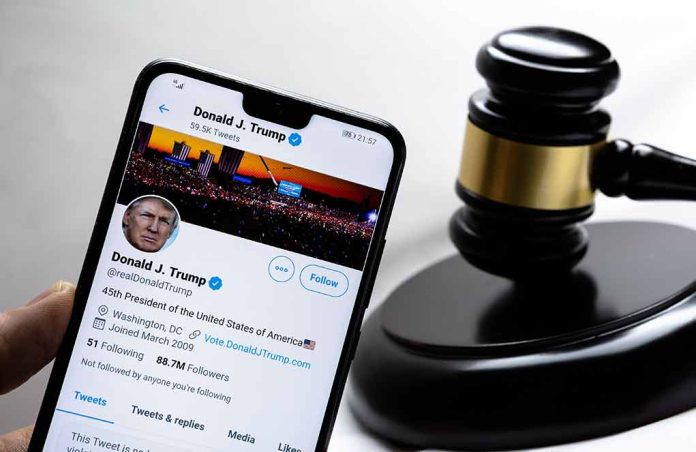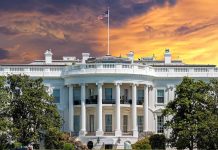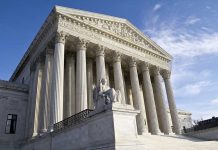
Trump’s legal troubles may vanish as DOJ plans to drop charges, paving the way for a potential presidential immunity.
At a Glance
- DOJ set to dismiss insurrection and classified documents charges against Trump
- Trump’s re-election could grant him control over federal prosecutions
- State charges against Trump face uncertainty and potential Supreme Court scrutiny
- Special Counsel Jack Smith’s office winding down operations following Trump’s 2024 win
- Legal experts suggest final report could be crucial for future cases against Trump
DOJ’s Surprising Move: Charges Against Trump to be Dropped
In a stunning turn of events, the Department of Justice is reportedly preparing to dismiss charges related to “insurrection” and classified documents against President-Elect Donald Trump. This development, initially reported by R. Cort Kirkwood for The New American, has sent shockwaves through the political landscape, potentially reshaping the future of American politics.
The decision to drop these charges, which have been at the center of intense legal and political debates, comes as Trump is heading to the White House.
Presidential Power: Trump’s Potential Control Over Federal Prosecutions
Trump, as the newly re-elected President, gains significant control over the Department of Justice.
This potential appointment underscores the extent to which Trump could reshape the DOJ to his advantage. It’s important to note that the norm of non-interference with criminal prosecutions by the White House is voluntary and not constitutionally binding, leaving room for significant changes in how justice is administered at the federal level.
State Charges: A Cloudy Future
While federal charges may be dismissed, Trump still faces state charges in New York and Georgia. However, the future of these cases is uncertain, as there is no precedent for state indictments of a sitting president. Legal experts suggest that these cases may be stalled and potentially reach the Supreme Court for resolution.
This Supreme Court decision suggests a broad interpretation of presidential immunity, which could potentially shield Trump from prosecution for actions taken while in office. The implications of this ruling extend beyond Trump’s case and could reshape the boundaries of presidential power and accountability.
Special Counsel Jack Smith: Winding Down Operations
In light of Trump’s 2024 election win, Special Counsel Jack Smith’s office is reportedly winding down its work on federal criminal charges against the former president. This aligns with the DOJ policy that sitting presidents cannot be prosecuted, a stance likely to be supported by the current Supreme Court.
The winding down of Smith’s office doesn’t necessarily mean the end of legal scrutiny for Trump. Legal experts suggest that this process allows Smith to submit a final report to Attorney General Merrick Garland, which could be made public and potentially used in future cases against Trump after his presidency.
Looking Ahead: Implications for American Democracy
As the legal landscape shifts, questions about presidential accountability and the balance of power in American democracy come to the forefront. The potential dismissal of charges against Trump and the broader implications of presidential immunity raise concerns about the checks and balances within the U.S. government.
The coming months and years will likely see continued debate and legal challenges as the nation grapples with these unprecedented circumstances.






















